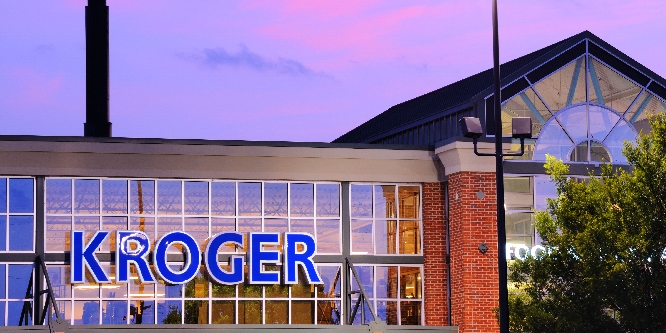
Photo: iStock | JHVEPhoto
The United Food and Commercial Workers International Union (UFCW), representing thousands of associates working for Kroger and Safeway, has come out in clear opposition to the merger of the two grocery giants.
Marc Perrone, UFCW president, criticized the companies for failing to provide “any definite assurances” regarding the divestiture of stores and what that might mean for its members. The union is concerned that buyers for divested stores may be saddled with a burdensome level of debt that could put their viability at risk.
Haggen’s 2014 acquisition of 146 stores from Albertsons and Safeway remains fresh in the minds of grocery industry watchers. Haggen, an 18-store supermarket chain with stores in Oregon and Washington, acquired Albertsons and Safeway locations in Arizona, California and Las Vegas. Safeway acquired Haggen’s 29 stores in the Pacific Northwest. Today, 15 stores are operating under the Haggen banner.
The UFCW’s opposition to the merger of Kroger and Safeway is not unexpected and was likely prompted, at least in part, by an op-ed piece in the Cincinnati Enquirer from the CEOs of the two companies that addressed what they see as myths surrounding the deal.
Rodney McMullen of Kroger and Vivek Sankaran of Albertsons wrote that concerns about store closings or frontline employees losing their jobs were off-base.
“We are working closely with the regulators and are committed to finding reliable operators for the divested stores,” wrote the CEOs.
Messrs. McMullen and Sankaran also wrote, “No frontline workers will be laid off as a result of the merger. The combined company will be one of the largest unionized workforces in the country. We are committed to protecting and expanding opportunities for union jobs.”
The UFCW has been skeptical of the merger since it was announced last year. It released a statement in November that it “would oppose any merger that undermines the wages, jobs, benefits, and security of Kroger and Albertsons workers. We have repeatedly called on both Kroger and Albertsons to be fully transparent about this merger and to provide the information that every UFCW Local and member deserves. Our members have already sacrificed much over these many years, and they need to have a comprehensive understanding about what this deal means for them, their families, and the communities they serve.”


Leave a Reply
You must be logged in to post a comment.